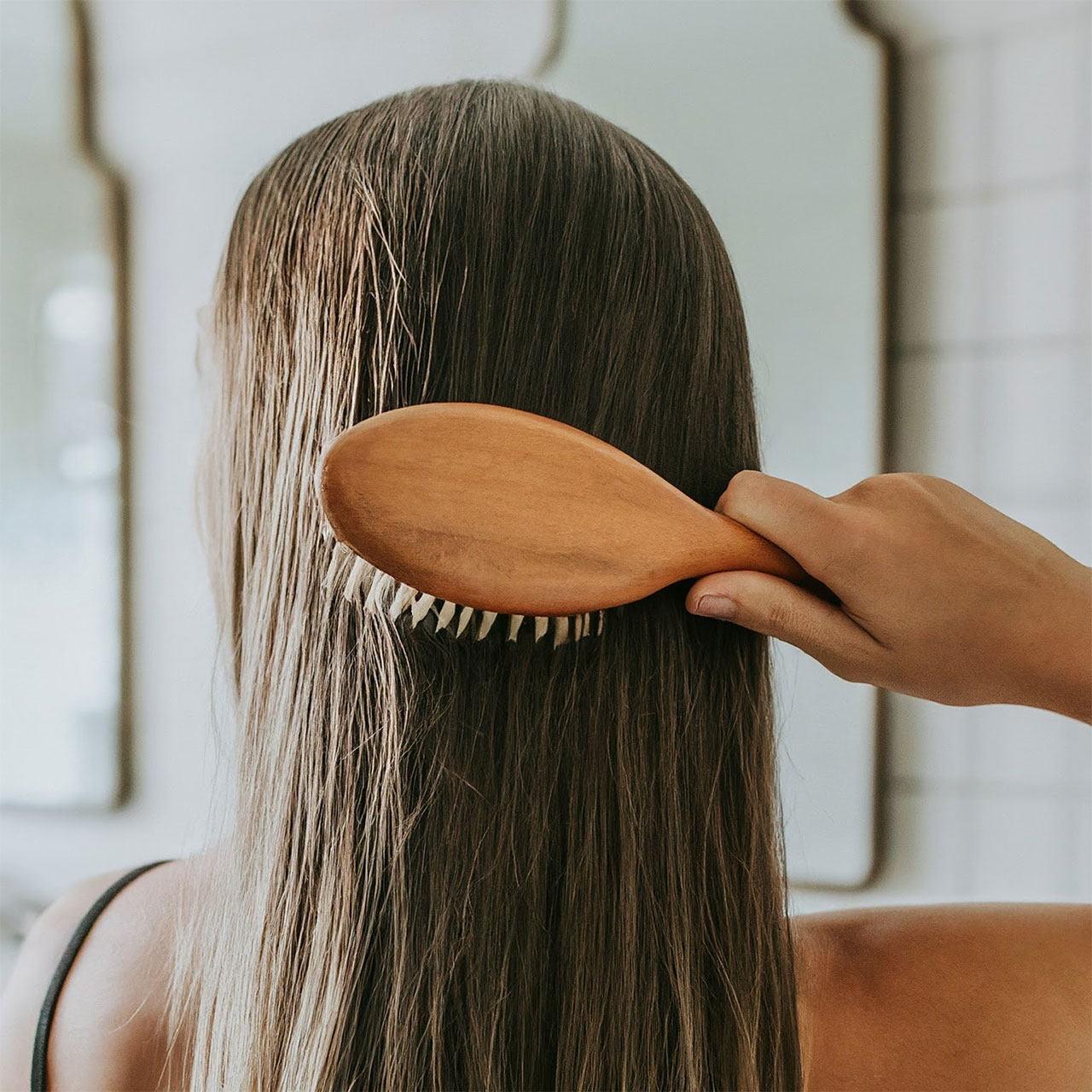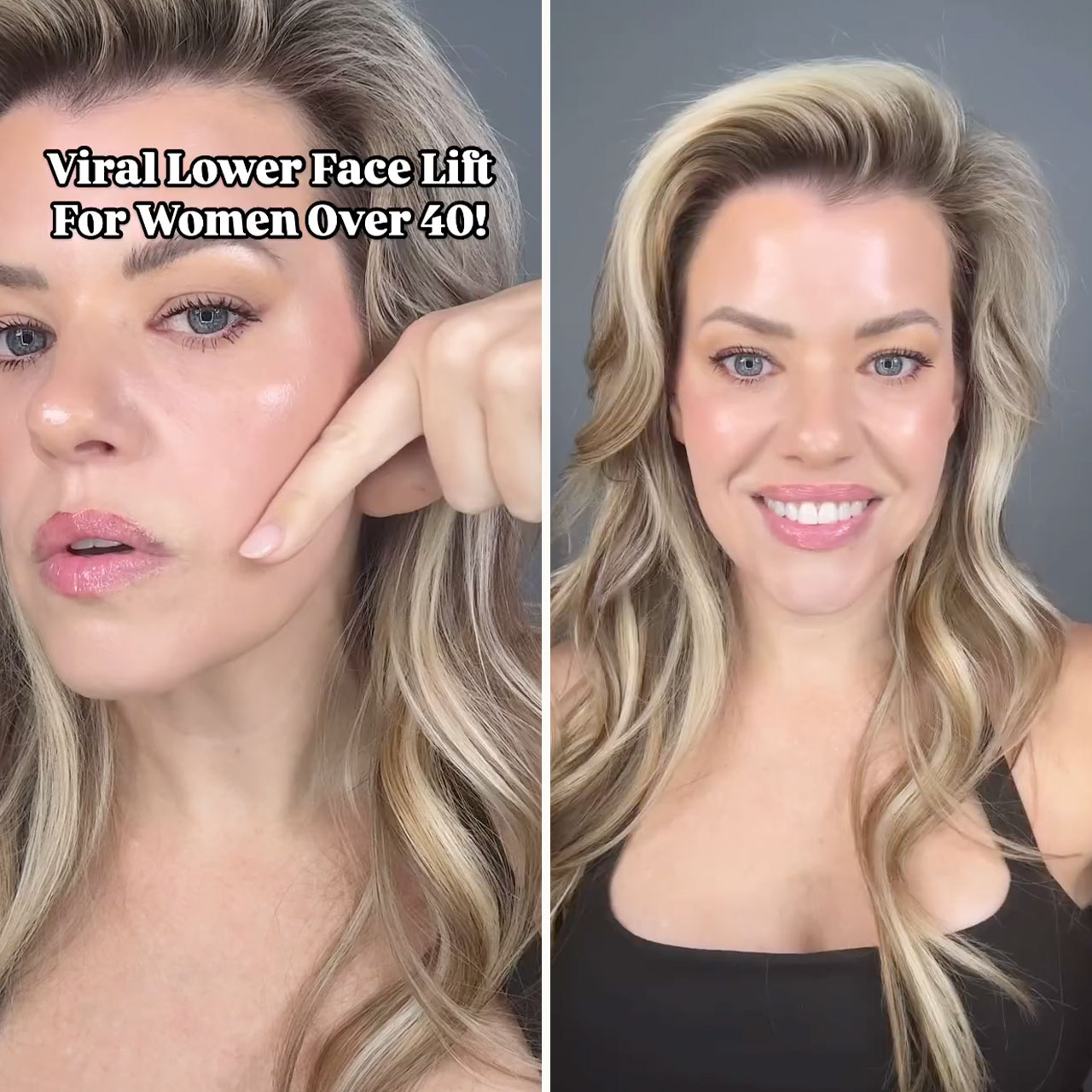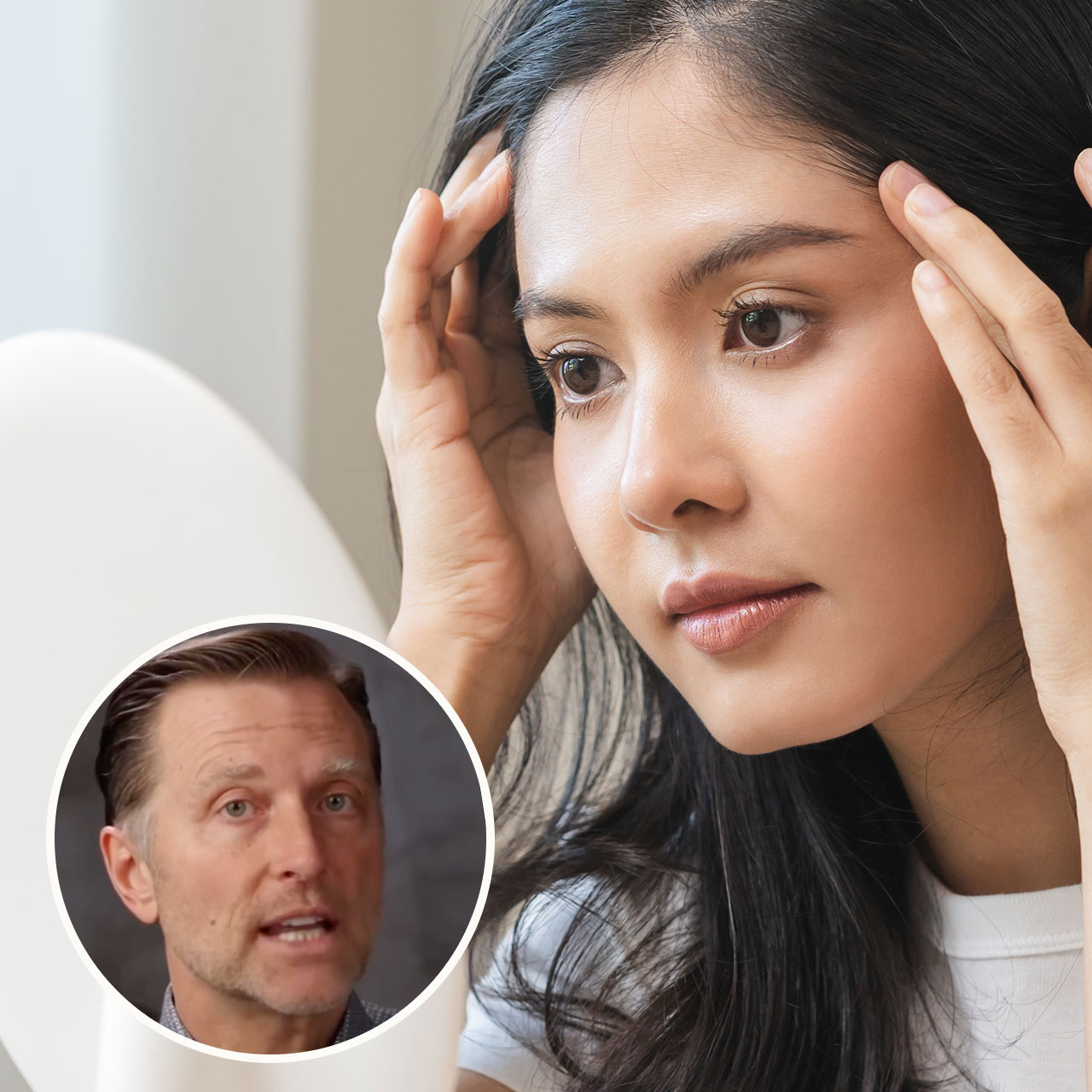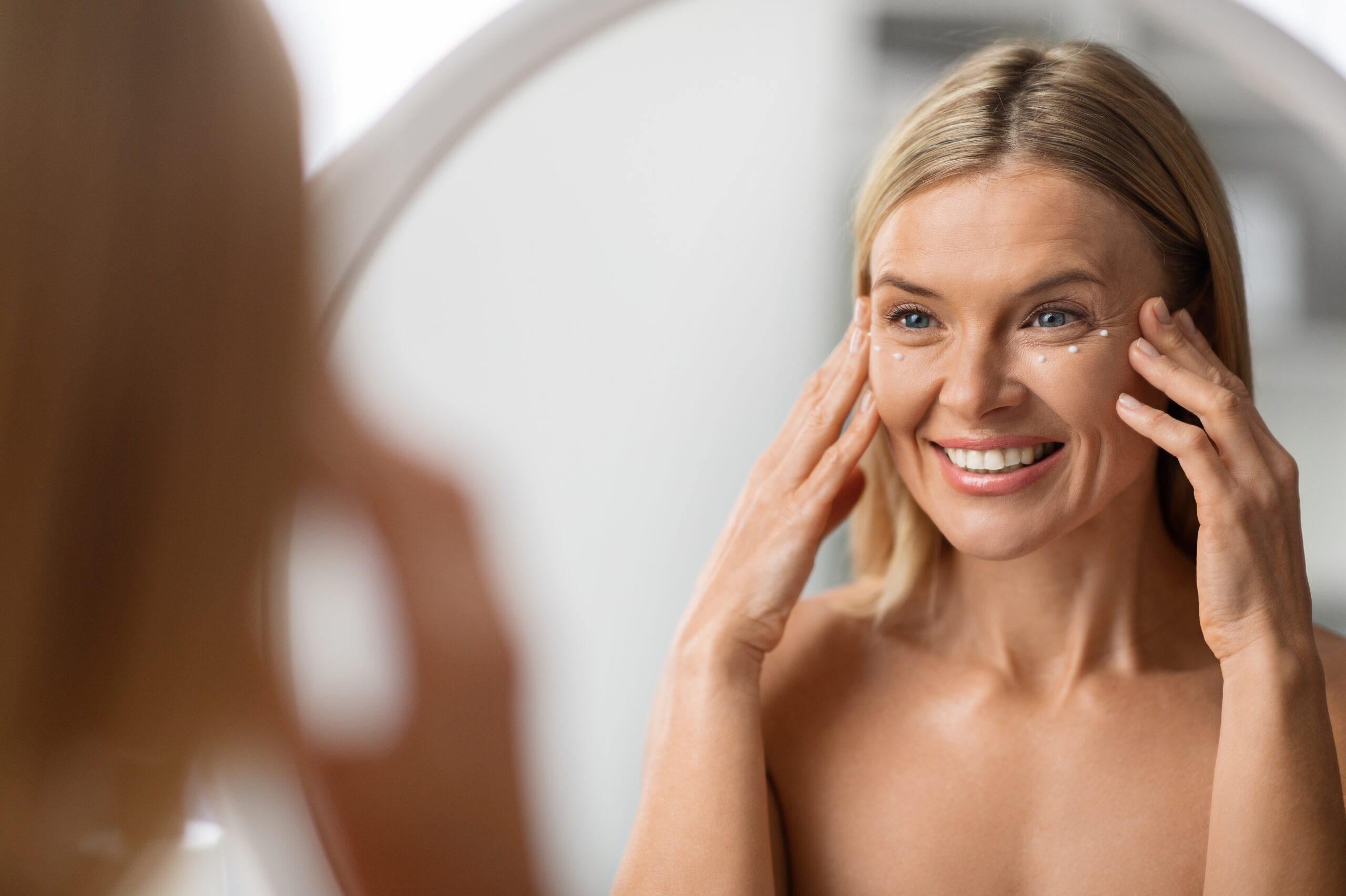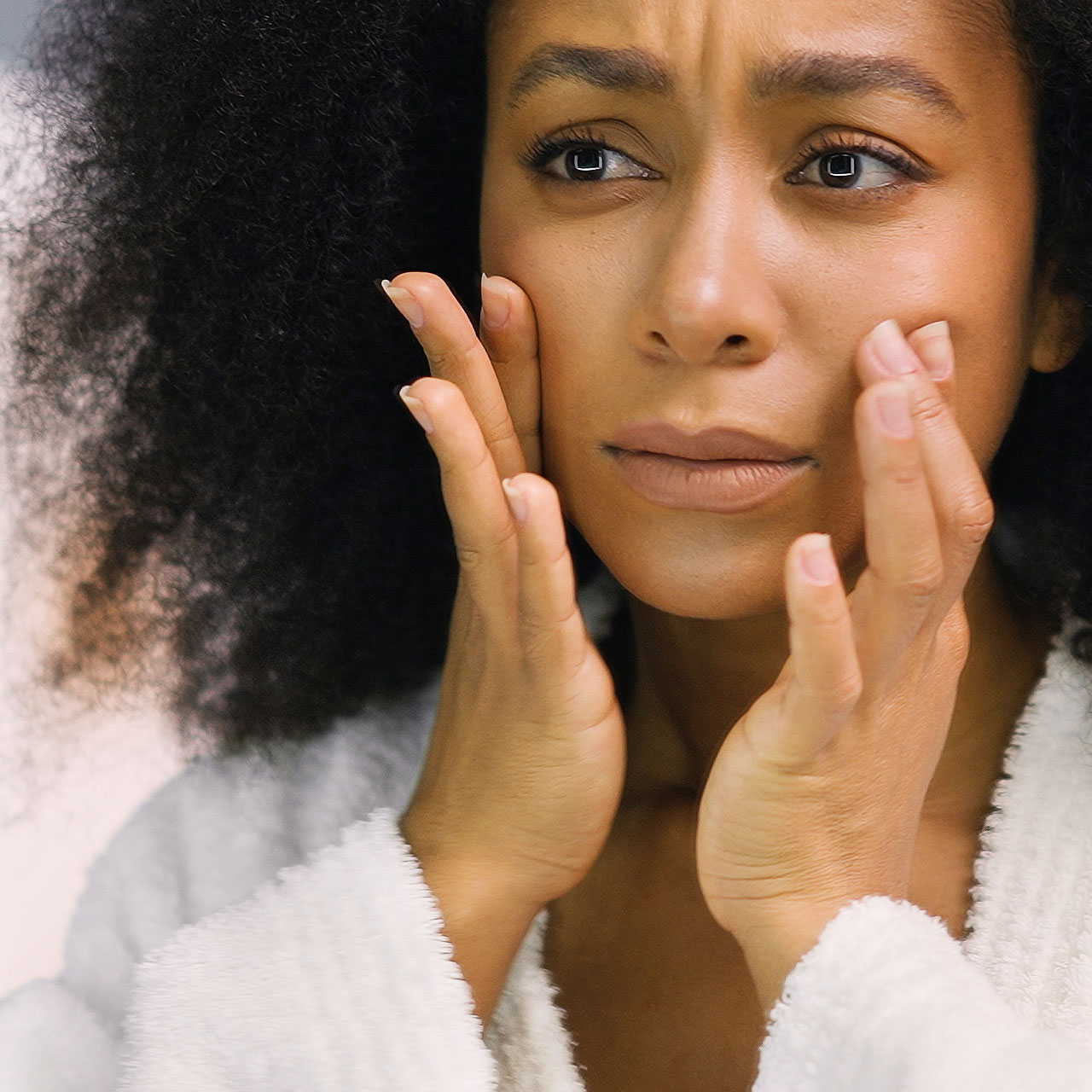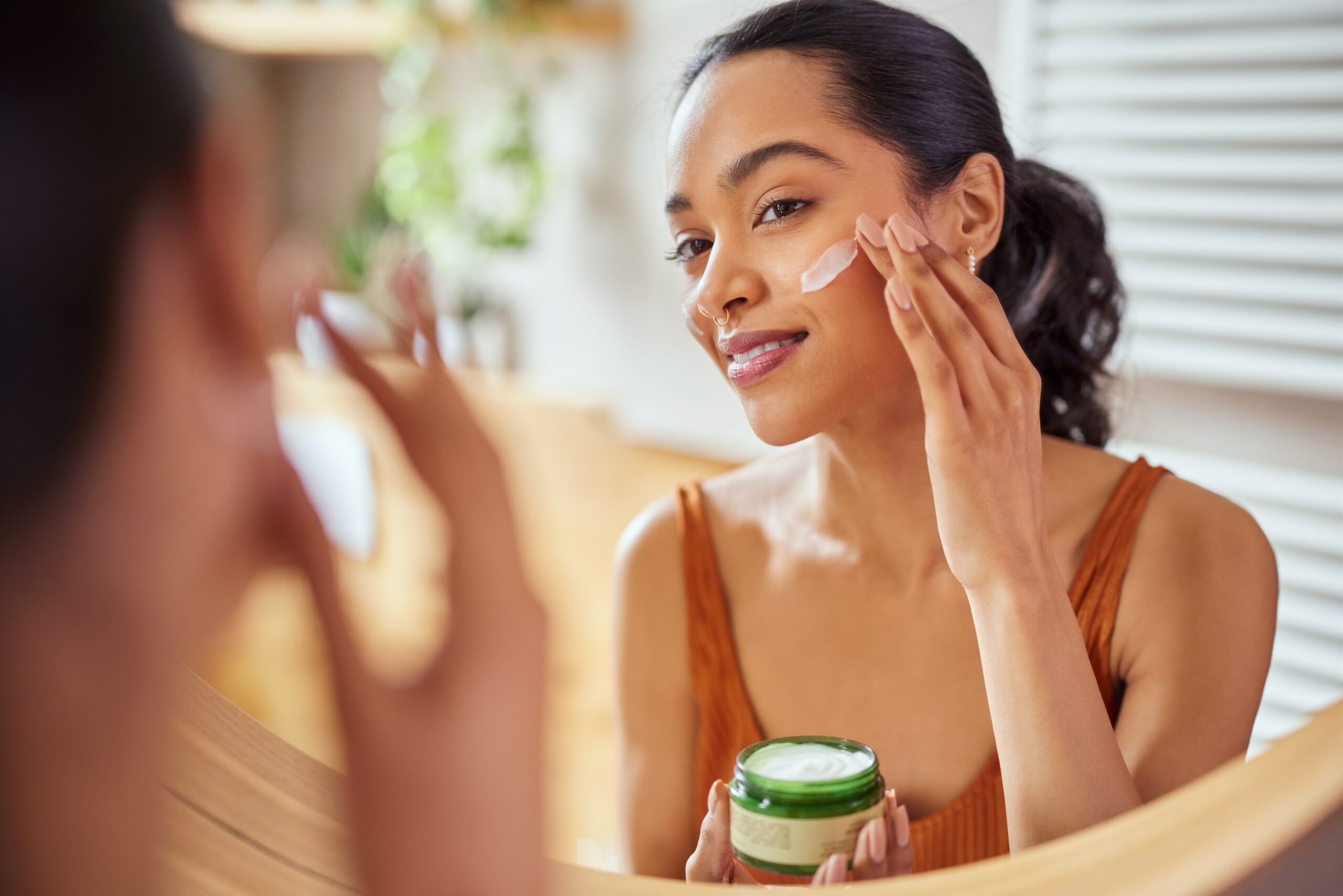This is an archived article and the information in the story may be outdated. Please check the time stamp on the story to see when it was updated last.
Most everyone longs to have luscious, thick hair, so if yours is thinning or falling out prematurely it can be frustrating to pinpoint the cause in order to enact change. While hair loss can stem from a number of factors, sometimes it may be something as simple as your supplement routine which is the culprit for your thinning locks. If you’ve noticed increased hair fallout and want to nip it in the bud, this is the one supplement mistake health experts say you could be making that may be the root of your issue.


There is a time and a place for including supplements into your diet and they can be valuable in bridging the gap between nutrients that you may be missing out on. However, too much of anything can be bad, and the same goes for vitamins. Vitamin A has been known to improve your immune system, clear your skin and support bone density, but it can also cause hair fallout when consumed in excess. Health explains, “The Daily Value for vitamin A is 5,000 International Units (IU) per day for adults and kids over age 4; supplements can contain 2,500 to 10,000 IU. So any more than that and you could risk some strands falling out.”

Although vitamin A certainly had its benefits, you can typically garner enough of this vitamin in your daily diet instead of needing to include it in supplement form as well. One study reported, “As a general rule, consuming too much or over-supplementing vitamin A can cause hair loss. Typically, fat-soluble vitamin A is stored in the liver where its dispersal is tightly regulated by anabolic and catabolic reactions between the inactive and active metabolite. When levels of vitamin A are too high, the capacity of the transport system is exceeded and vitamin A spills over into the circulation.” In layman's terms, too much vitamin A can overload the system, resulting in hair loss.

The good news is that if your hair loss is caused by overconsumption of vitamin A, your strands will likely bounce back to normal once you eliminate the supplement from your diet. It’s important to remember that you can often get enough vitamin A naturally in your diet instead of turning to supplements, as it can be found in foods such as eggs, broccoli, leafy greens, and carrots. Therefore, eating enough vegetables will likely do the trick to supply you with all the great benefits of vitamin A without the unfortunate side effects.

If you suffer from hair loss and regularly take a vitamin A supplement, it could be worth eliminating it from your routine to regrow thinning hair, but as always, check with a doctor to see what’s the best plan of action for you. Supplements can be wonderful additions to your diet if you find yourself deficient in certain areas, but taking vitamins for the sake of it can cause more harm than good. While hair loss can be frustrating, in locating the cause you can take action to regrow your strands stronger and healthier than before.



